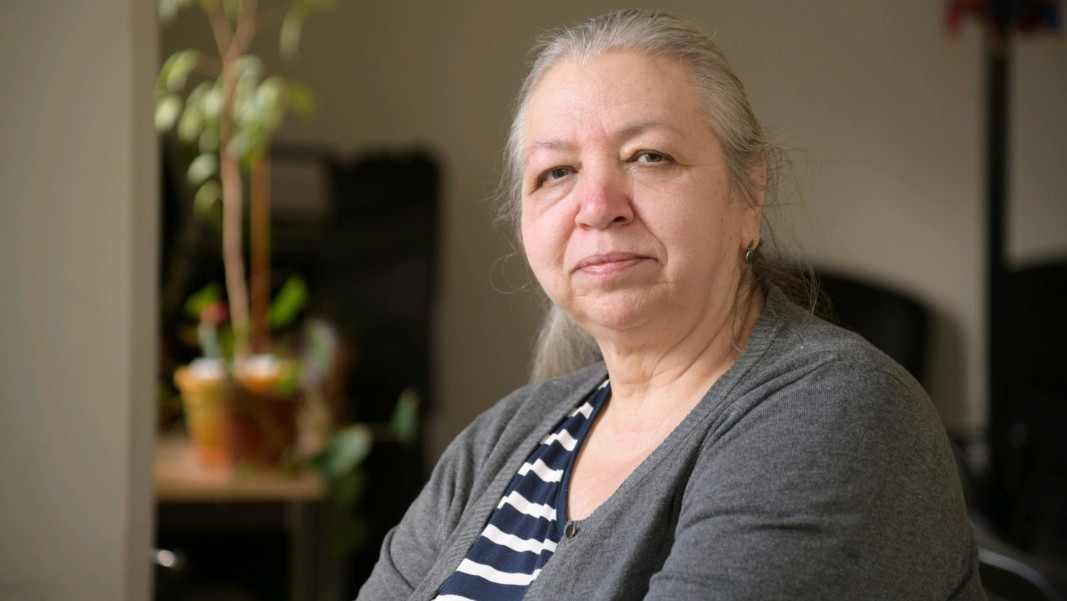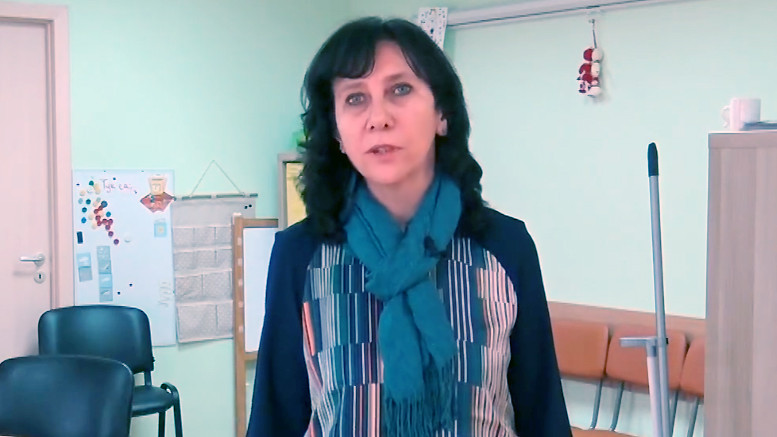


The Climate, Atmosphere and Research Institute at the Bulgarian Academy of Sciences (CAW RI-BAS) is organizing a conference and celebratory event dedicated to water – an invaluable natural resource, an irreplaceable component of all organisms..
More than 150 Trabants and other collector cars from the past will parade through the streets of Veliko Tarnovo today for the 14th edition of the Trabant Fest. For the first time, a restored 1928 car belonging to an owner from Pavlikeni will parade..
The introduction of the so-called automatic shared parenting will affect over half a million children, sociologist Donna Picard announced at a press conference on the topic “Mandatory shared parenting – a dangerous experiment with Bulgaria’s children”...
Bulgaria has joined a multinational nomination for accession to the element "Pasture traditions", inscribed on the UNESCO List of Intangible Cultural..

+359 2 9336 661
